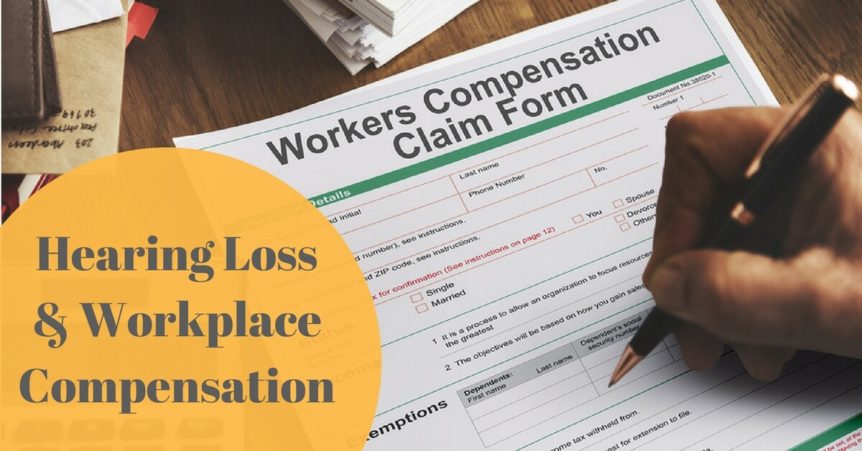Many stories about hearing loss are centered on the older generation, as this is traditionally the group who are most affected. However, a little-known fact is that among the 31 million Americans today who suffer from some kind of hearing loss, only 37% of them are retired. The rest are in education and, crucially, the workplace.
There are numerous ways in which hearing loss can negatively affect your work.
For workers in the construction, manufacturing and law enforcement industries for example, it becomes a serious safety issue. But we want to look at a more insidious and widespread disadvantage.
Most jobs depend on a fluid running team who communicate clearly and often. When people are unable to receive messages and act accordingly, their performance will suffer. Some might seek help, but an alarming finding in a recent study suggests that those with hearing loss are more likely to delay treatment by up to seven years due to the stigma attached to wearing an aid.
This drop in performance and hesitation to seek treatment has had impacts on the earning potential, as demonstrated by Sergei Kochkin, PhD, the executive director of the Better Hearing Institute.
The study
Kochkin’s work looked at the average salary of three groups of individuals, those wearing hearing aids (around 1,800 of them), those with hearing loss (about 3,000) who were yet to seek treatment, and a large sample of ordinary hearing individuals as the control group. To facilitate the study, the respondents with hearing misfortune were categorized into ten groups in order of hearing loss severity.
The results seemed to confirm what many had experienced anecdotally. While the individuals with the mildest hearing impairments indicate practically no drop in pay compared those without hearing loss, when the severity of hearing loss increases, average salaries fall accordingly. Unfortunately, this means that those who have the most severe loss are earning the least, up to $30,000 less than those who can hear normally. And the difference in salary between the severe and the mild hearing loss groups was about $14,000.
The implications
The societal implications are huge. This deficit in salary for individuals with untreated hearing loss because of underemployment is estimated at $176 billion, and the cost to society is assessed to be as high as $26 billion in hidden government charges. It is clear that this is costing individuals, families and this country a lot of money.
After the results of this finding, thoughts naturally turn to a solution. When it comes to untreated hearing loss, it is crucial to seek treatment as soon as possible. A number of studies have pointed to the benefits that come from treating hearing loss – from improving communication to reducing the risk for dementia to bolstering one’s earning power in the workplace.
Think of the children
To save the future generations of the hard of hearing, we need to exercise prevention. Parents need to be vigilant and regularly check the hearing of their children so that they may spot and deal with problems early before they snowball into bigger problems down the line.
In youngsters, the earlier hearing problems are detected, the more likely it is that they will continue to match their peers educationally, better preparing them to discover fulfilling employment down the line. Undetected hearing loss in children however can have all sorts of knock on effects like a diminished social life, feelings of low self-esteem, and you guessed it, a reduced earning power in adulthood.
What if I am already working?
For those already in employment – the ones who encounter hearing loss further down the road – the remedy is clear. Schedule an annual hearing test with us at Comprehensive Ear and Hearing. Establishing a base line of your hearing abilities provides you with important information. As our hearing abilities change – especially if you work in a loud industry – having the baseline hearing test will give us results to compare in the future.
If you already have a hearing loss and are putting off treatment, it is time to get your hearing tested and get fitted for a hearing aid. A large number of aids are discreet and easy to use, which removes the fear of having something large and unwieldy attached to your ear. This will comfort those who fear that letting others be aware of their hearing loss will lead to them appearing incompetent on the job. Moreover, treating your hearing loss with hearing aids keeps you better connected to the sounds in your workplace and makes it easier for you to communicate with your colleagues.
And the benefits are clear. Those with a hearing device earn on average 50% more than those without!
For more information and to schedule a hearing test, contact us at Comprehensive Ear and Hearing today.


